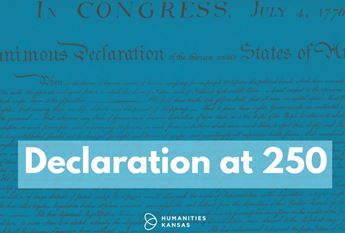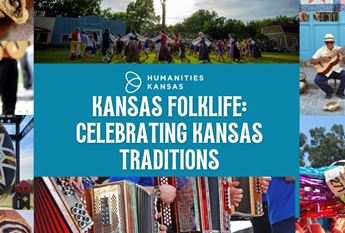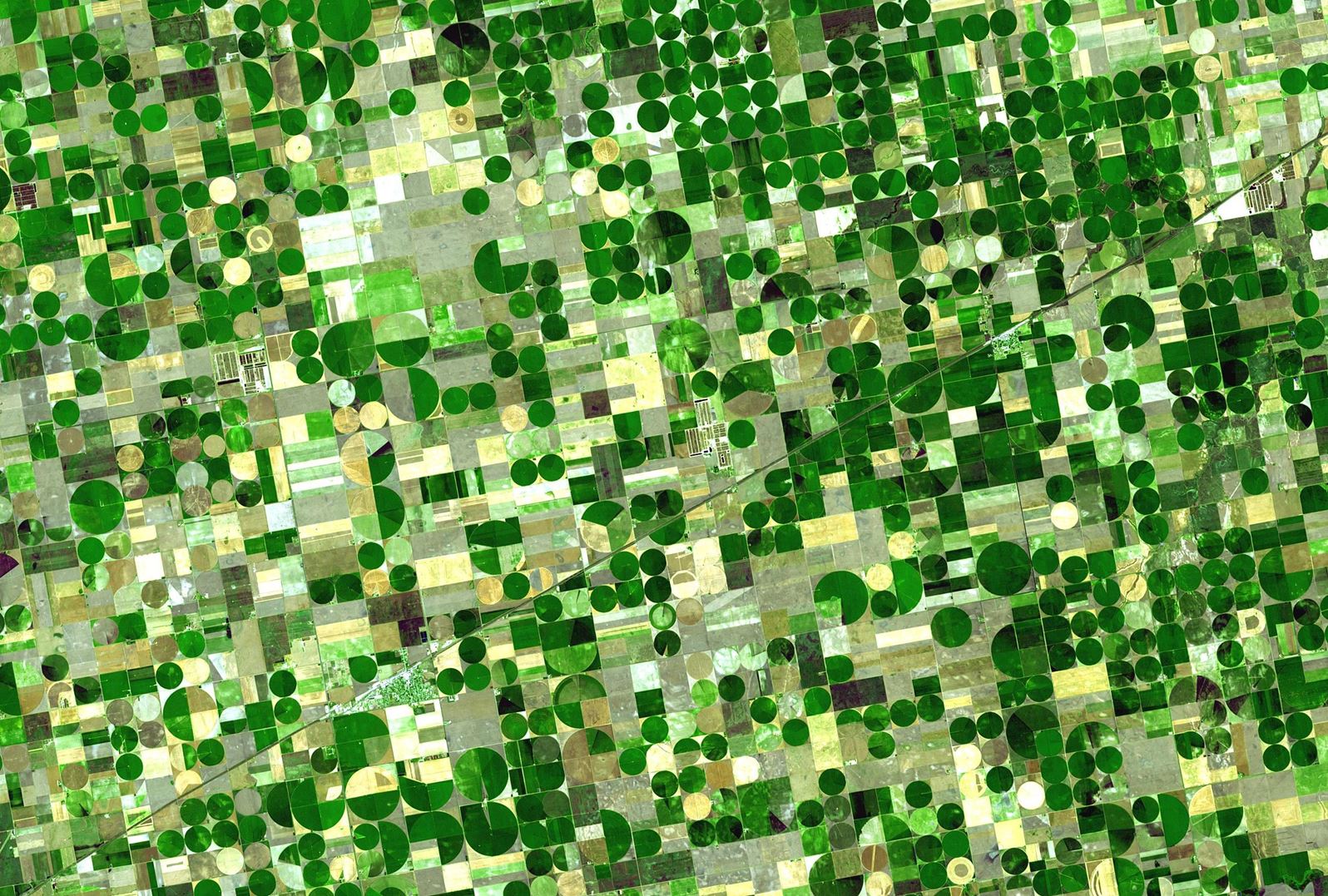

High and Dry
September 21, 2022
The stories of Wagonbed Springs in Grant County stretch back to prehistory. Indigenous hunters could reliably find bison and other game at the oasis in the otherwise barren space between the Arkansas and Cimarron Rivers. The Plains and Pueblo Tribes traded in the area. Spanish explorers also visited, leaving bridles and spurs that were discovered centuries later. The springs were a vital watering stop along the Cimarron Pass of the Santa Fe Trail. A historic marker was erected at the site in 1907, and in 1960 it was declared a National Historic Landmark. And then a few short years later, the springs—fed by the Ogallala Aquifer—went dry.
Lucas Bessire knows the full story intimately: his family has farmed—and irrigated—in southwestern Kansas for five generations. Wagonbed Springs is near his family’s property, approximately 12 miles south of Ulysses. His grandmother, Fern, was a passionate community historian and protector of the springs.
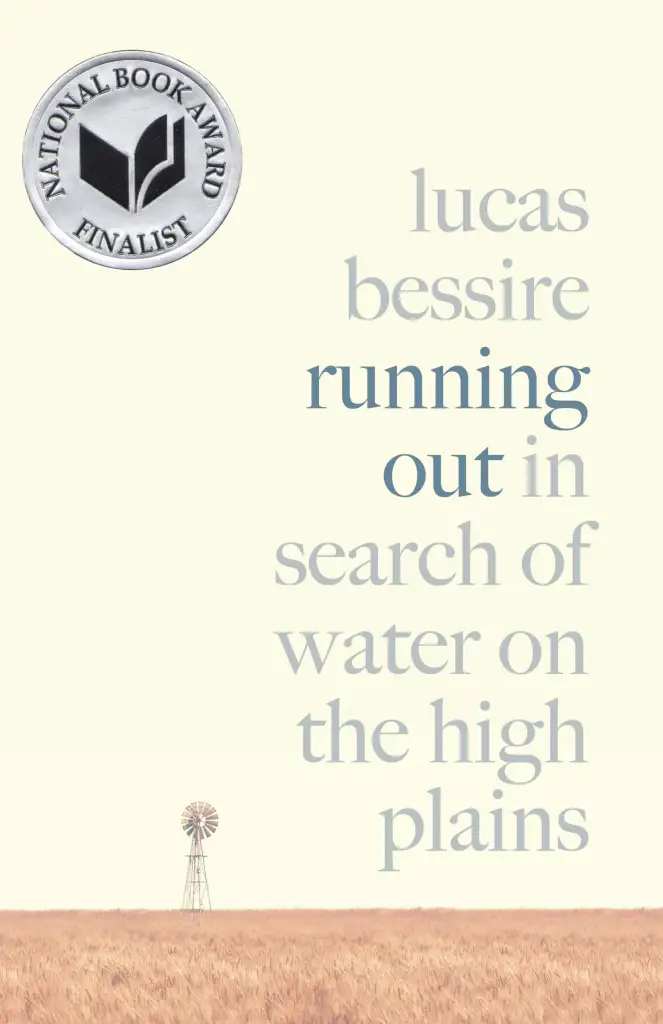
Running Out: In Search of Water on the High Plains is Bessire’s memoir about the current state of the Ogallala Aquifer, the farmers who rely on it, and the conversations about what to do next. It is also a story of coming home and seeing the deeper stories that always surround you.
Kansans have two opportunities to hear Bessire discuss Running Out, which was a finalist for the National Book Award in 2021. On Saturday, September 24, he will be at the Kansas Book Festival in Topeka. The festival is supported by an HK Humanities for All grant.
Then Thursday, October 6, HK will host an online conversation with Bessire at noon. He will discuss his research and experiences with Jeremy Gill, historian and coordinator of the Kansas Room at the Hays Public Library. The event is co-sponsored by the Hays Public Library. Registration is required for this free event.
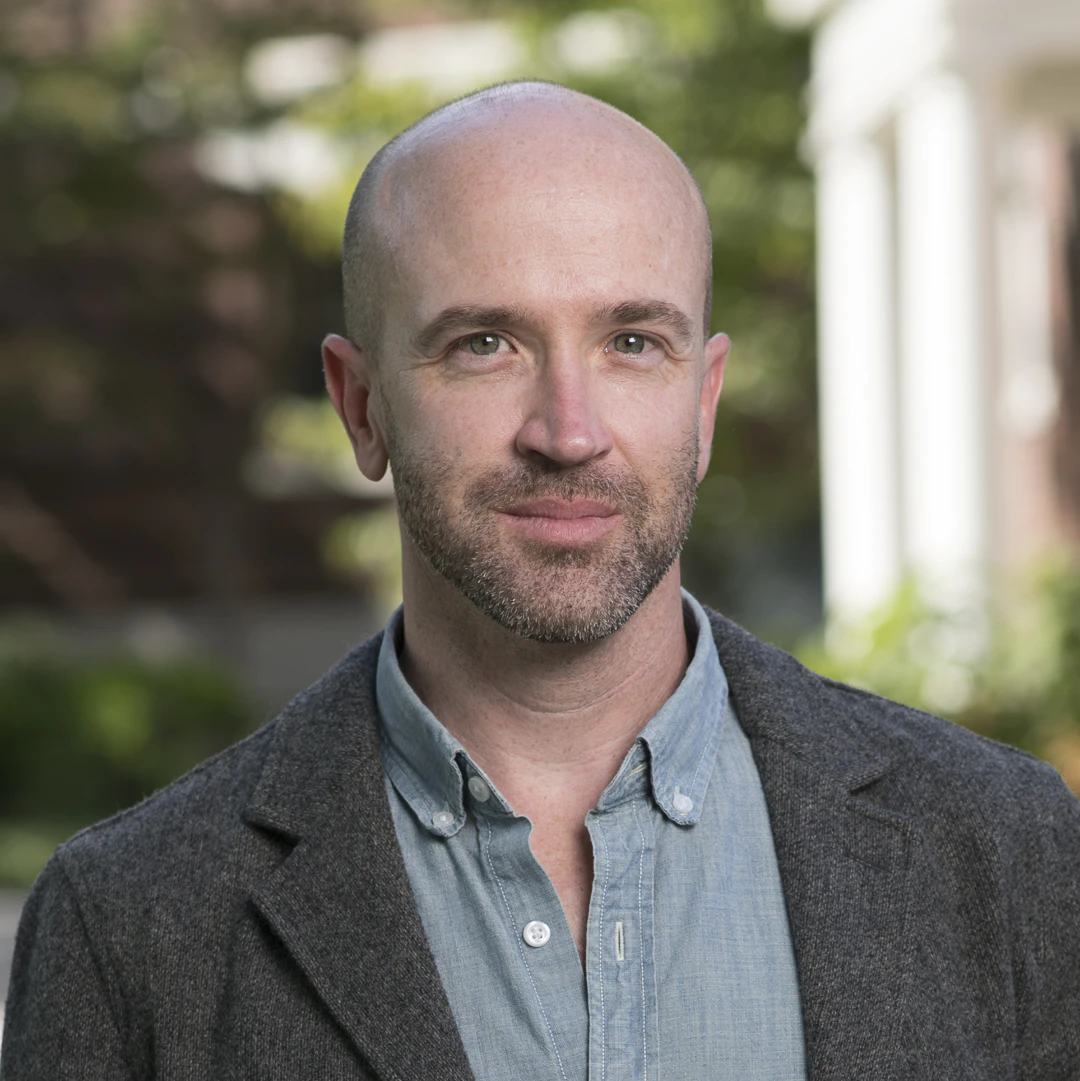
An anthropologist and professor at the University of Oklahoma, Bessire takes the long view in Running Out, both in time and geography. He notes that groundwater depletion is not isolated to Kansas and the Great Plains. China, the Arabian Peninsula, India, Australia, and Chile are also facing water crises due to overuse.
He also explores who has a voice in the water issues in our world. Southwest Kansas has been multiethnic since European settlement. Once part of the Spanish empire, then Mexico, many Spanish-speaking families have remained in Kansas for as long or longer than the Mennonite, Volga German, and other white settler families who came afterward. Yet despite this history, most Kansas landowners are white, and landowners decide the future of the aquifer. It is a legacy of exclusion.
Throughout the book, Bessire and his father attend groundwater management district meetings, reconnect with old friends and fellow farmers, and search for answers to the pending water crisis. Fern’s archives show both men that family history and plains water issues are fraught. What will happen to areas like western Kansas when the aquifer is depleted? Whose role is it to save it? Does anyone care? These questions become increasingly important by the day.
Join the Movement of Ideas
- SEE Lucas Bessire with author Scott Reynolds Nelson (Oceans of Grain) and filmmaker Stephen Lerner (When the Well Runs Dry) at the Kansas Book Festival on Saturday, September 24.
- WATCH Lucas Bessire in an online conversation with historian Jeremy Gill on Thursday, October 6 at noon. Sponsored by HK and the Hays Public Library. Registration is required.
- EXPLORE HK’s collection of stories about water in Kansas, where there is often too much or not enough, depending on where you stand.
- ATTEND Rendezvous on the Santa Fe Trail, September 22-24 at the Santa Fe Trail Center in Larned. Three-day historical symposium that explores the experiences of children who lived and traveled on the Santa Fe Trail. Accounts from the three prominent cultures of the trail will be the focus: Indigenous American, Hispano-American, and Anglo-American.


